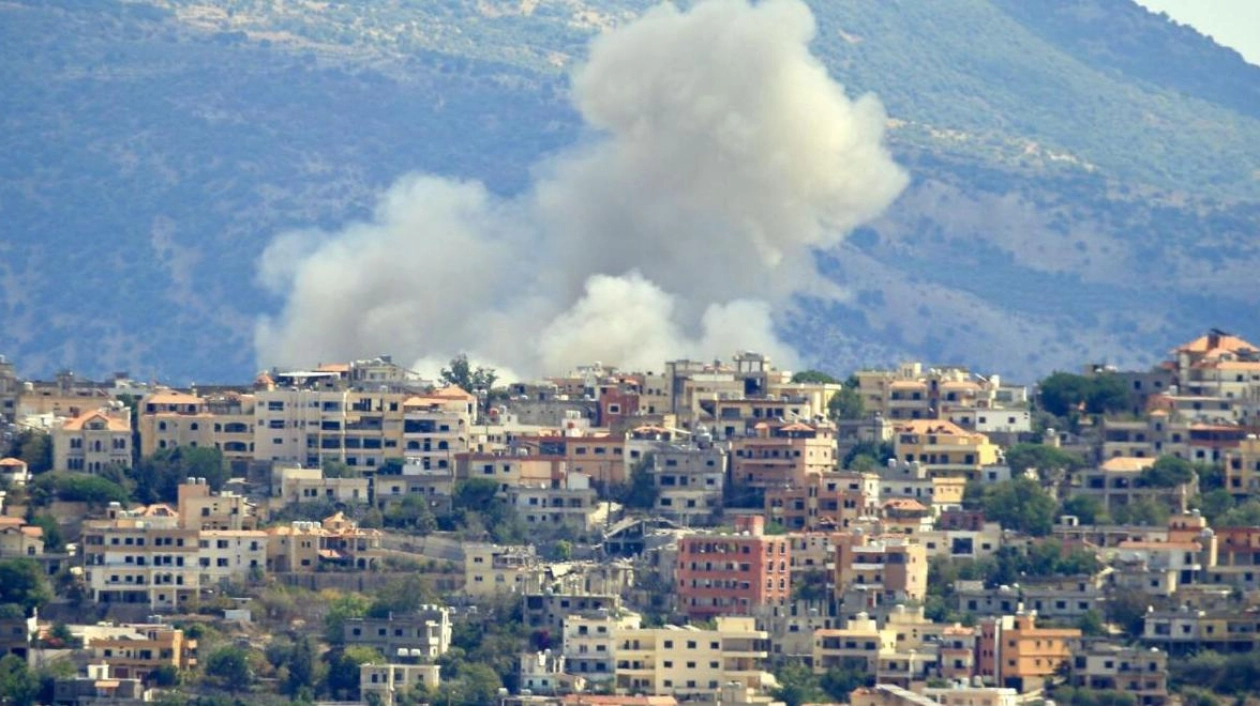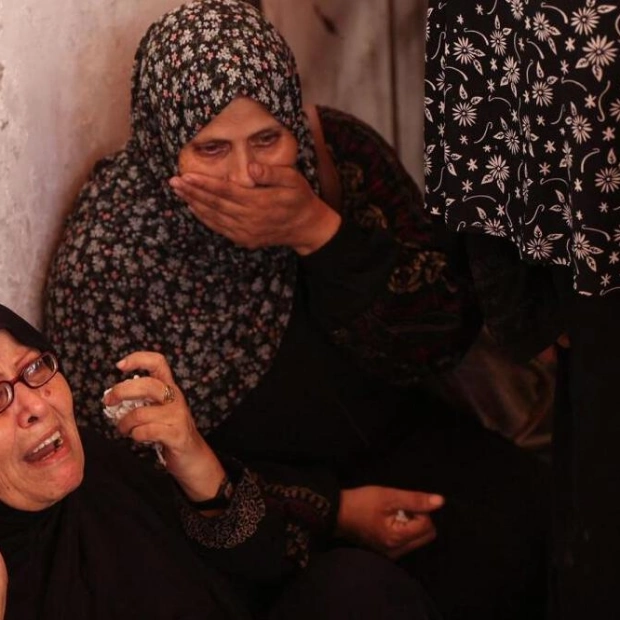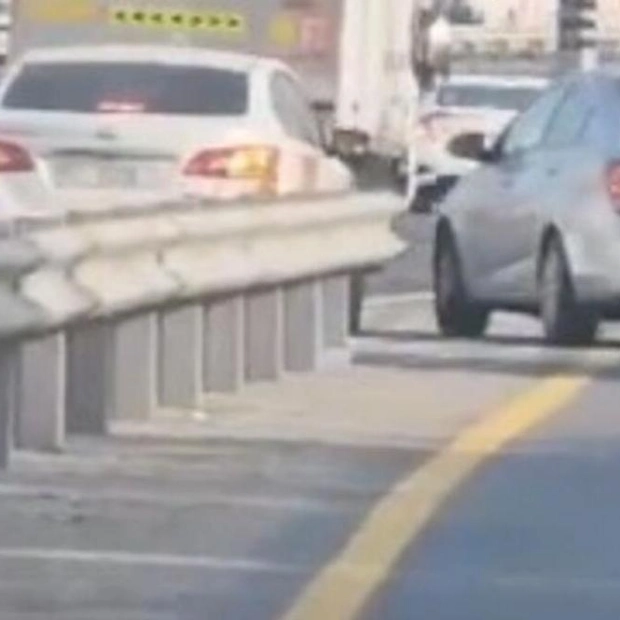Israel launched airstrikes on southern Lebanon on Thursday, claiming to have thwarted an Iranian-led assassination plot. This came a day after explosions targeted Hezbollah's communication devices, following similar incidents involving booby-trapped pagers, escalating tensions towards a potential conflict. The attacks, which killed 37 people and injured around 3,000 over two days, caused chaos in Lebanon, with residents abandoning their mobile phones in fear.
"This isn’t a minor issue; it’s war. Who can even ensure their phone’s safety now? When I heard about yesterday’s events, I left my phone on my motorcycle and walked away," said Mustafa Sibal near central Beirut. The sound of Israeli jets breaking the sound barrier, a common occurrence in recent months, echoed over Beirut.
Israel confirmed its warplanes struck villages in southern Lebanon overnight, with reports of resumed airstrikes near the border on Thursday afternoon. Hand-held radios used by Hezbollah detonated across southern Lebanon on Wednesday, raising the death toll to 25 and injuring 608, marking Lebanon's deadliest day since the cross-border fighting with Israel last year.
The day before, hundreds of pagers, used by Hezbollah to avoid mobile phone surveillance, exploded simultaneously, killing 12, including two children, and injuring over 2,300. Lebanese Prime Minister Najib Mikati urged the UN Security Council to take a firm stand against Israel's "aggression" and "technological war."
Israel has not directly commented on the booby-trapped devices but multiple security sources attribute the attacks to Mossad. Israel views its conflict with Hezbollah, and its war in Gaza against Hamas, as part of a broader regional confrontation with Iran, which supports both groups and other armed movements in Syria, Yemen, and Iraq.
On Thursday, Israeli security forces announced the arrest of an Israeli businessman who had attended meetings in Iran discussing the assassination of Prime Minister Benjamin Netanyahu, the defense minister, or the head of the Shin Bet. Last week, Shin Bet uncovered a Hezbollah plot to assassinate former Defense Minister Moshe Ya'alon.
Despite recent events, a spokesperson for the UN peacekeeping mission in southern Lebanon stated that the situation along the frontier had "not changed much in terms of exchanges of fire between the parties." Tensions remain high, with both Israel and Hezbollah exchanging fire across the border.
The Israeli military reported overnight air strikes on Hezbollah targets in southern Lebanon, including a weapons storage facility. Israeli media reported civilian casualties from anti-tank missile fire from Lebanon, though no official confirmation was provided. Israeli Defense Minister Yoav Gallant announced the war was entering a new phase, with increased military resources being shifted to the northern border.
Hezbollah has maintained a steady exchange of fire with Israel since the October 7th Hamas attack, preventing full-scale war but forcing tens of thousands to evacuate both sides of the border. Pressure is mounting in Israel for the government to safely return evacuees to their homes.






